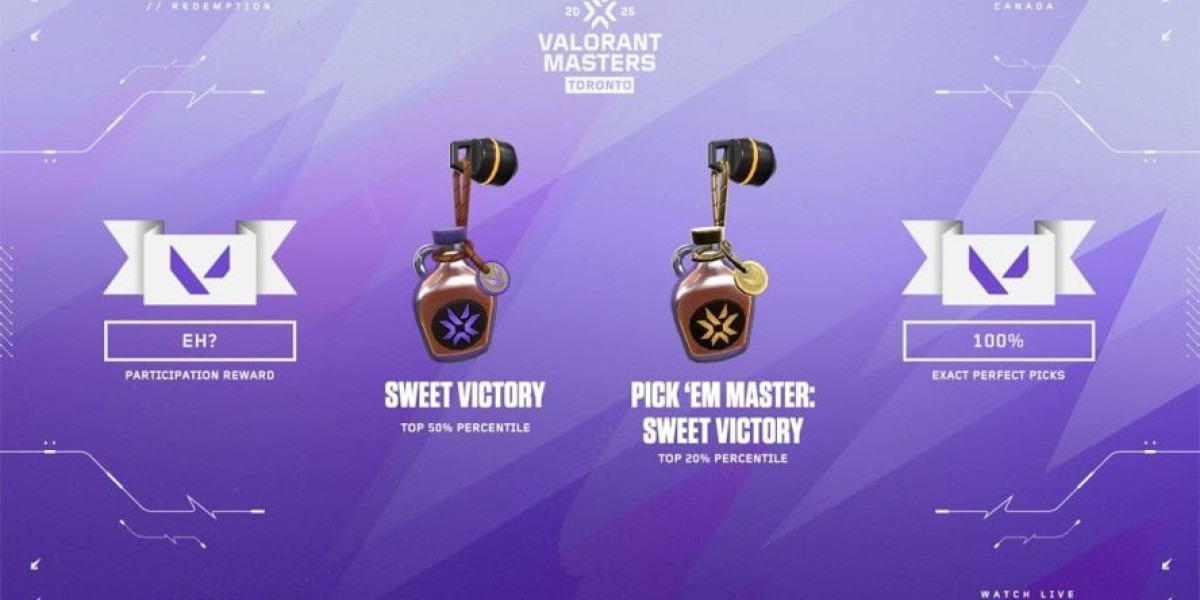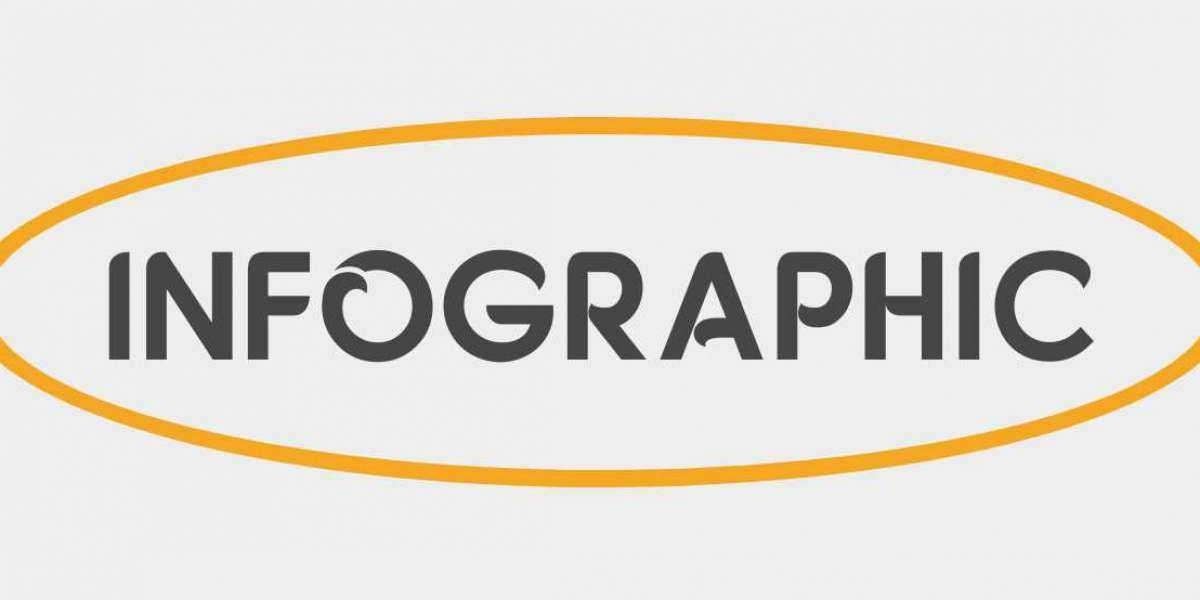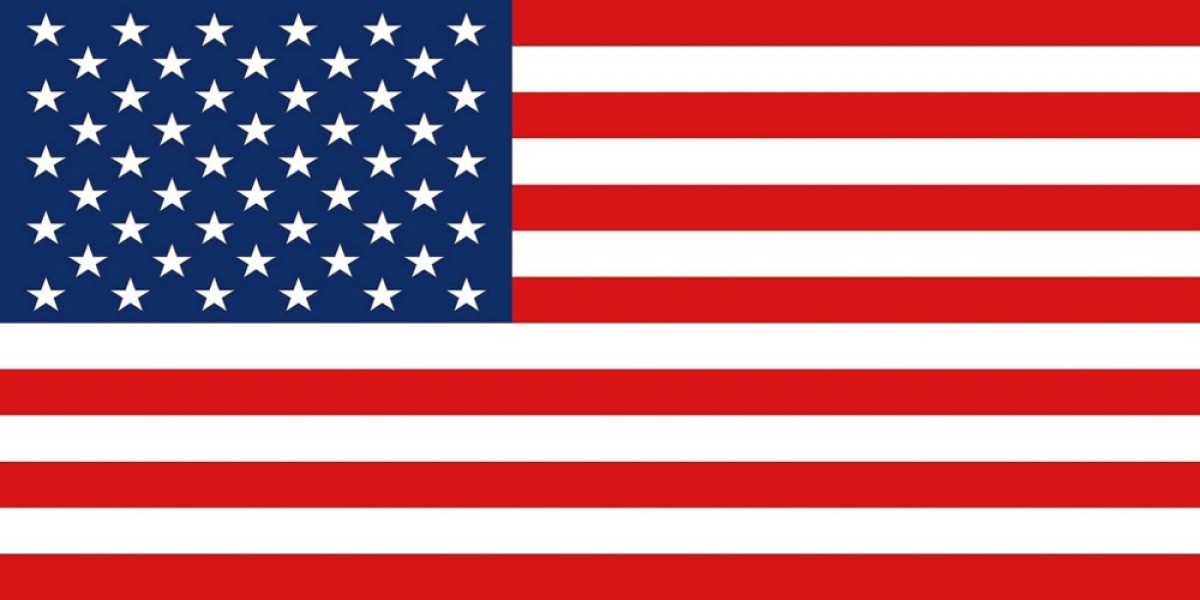Quick Answer
To buy wheels online with confidence: confirm bolt pattern and center bore, compare offset/backspacing with a calculator, match tire diameter within ±3%, and choose a shop that offers road-force balancing, TPMS support, and clear warranties.
Why This Guide Matters
Wheels change the way your car looks and handles. But sizes, offsets, and finishes can get confusing fast. With a simple plan, you can compare options, avoid rubbing or vibration, and lock in a good price. This guide shows how to use an Online wheel store the smart way—from fitment basics to checkout, plus the Wheel Accessories that complete your setup.
What a Great Online Wheel Store Should Offer
Clear Fitment Tools
Look for a vehicle selector by year/make/model, a brake-clearance guide, and a backspace to offset calculator. These tools help you preview inner clearance and “poke” before you buy.
Real Photos and Specs
Expect exact specs: diameter, width, offset (ET), bolt pattern, center bore, load rating, weight, and finish details. Bonus points for real customer photos on your vehicle model.
Installer Network and Shipping Options
Top sites let you ship to a partner installer and book an appointment at checkout. You should see shipping times, tracking, and insurance details.
Support and Policies
Live chat or phone help, 30-day returns on unused wheels, damage claim instructions, and written finish/structural warranties. Transparency builds trust.
Wheel Fitment 101: The Essentials
Bolt Pattern and Center Bore
Bolt pattern: Example 5×114.3 = five lugs, 114.3 mm circle.
Center bore: The hub hole; hub-centric rings may be used so the wheel centers perfectly and avoids vibration.
Offset vs. Backspacing
Offset (ET): Distance from wheel centerline to mounting face.
Higher positive ET = wheel sits more inward.
Lower ET = pushes outward (more “poke”).
Backspacing: Distance from mounting face to the inner rim lip.
Use a backspace to offset calculator to compare stock versus new. It will show how much inner clearance you lose or gain and how far the lip will sit relative to the fender.
Diameter, Width, and Tire Match
Keep overall tire diameter within about ±3% of stock so your speedometer, ABS, and gearing stay happy. Wider wheels can improve grip, but you must balance offset and tire width to avoid rubbing on the strut, liner, or fender.
Materials and Construction
Cast, Flow-Formed, Forged
Cast alloy: Budget-friendly, huge style range.
Flow-formed: Lighter/stronger than cast, great value for daily and performance.
Forged: Lightest and strongest; best for hard driving and show builds.
Finishes and Care
Painted/Powder-coated: Easy maintenance, most color choices.
Machined/Milled: Bright highlights; wash gently.
Polished/Chrome: Maximum shine, higher upkeep; avoid harsh chemicals.
Ask for care guides and consider ceramic protection to resist brake dust staining.
Wheel Accessories That Matter
Performance and Protection
Hub-centric rings: Ensure perfect centering if bore is larger than your hub.
Lug nuts/bolts: Correct seat type (conical/ball), thread pitch, and length.
Spacers (where appropriate): Fine-tune stance; use quality hub-centric spacers and extended hardware.
TPMS: Transfer sensors or add new ones; make sure your installer can program/relearn.
Looks and Longevity
Center caps: Match brand/style; keep spares.
Valve stems: Metal for high-performance or factory-style rubber with new seals.
Locking lugs: Theft deterrent—just don’t lose the key.
Ceramic coating: Easier cleaning, less dust bonding.
Step-by-Step: How to Buy Wheels Online
Step 1: Start with Your Vehicle Specs
Use your factory size as a baseline. Note bolt pattern, center bore, OEM offset, and typical brake clearance. Performance trims may have larger calipers—verify fit.
Step 2: Pick Diameter and Width for Your Goal
Daily comfort? Stay close to stock. Sporty feel? A modest diameter increase and wider width can help. Off-road stance? Wider with lower offset, but confirm clearance.
Step 3: Run the Numbers
Use the backspace to offset calculator to compare stock vs. new. You want enough inner clearance for struts and control arms and enough outer room to avoid fender rub on turns or bumps.
Step 4: Match Tires the Right Way
Choose a tire that keeps overall diameter within ±3% and fits the wheel width. For example, 8.5–9.5 inch wheels often pair well with 235–265 widths depending on car and goals. Check load and speed ratings.
Step 5: Add Wheel Accessories
Add hub rings, correct lugs/bolts, TPMS, and if needed, spacers from the same Online wheel store so everything arrives together and is compatible.
Step 6: Choose Shipping and Installer
Ship directly to a partner shop. Book mounting, balancing (ask for road-force balancing), TPMS service, and an alignment if you changed width/offset.
Step 7: Post-Install Checks
Re-torque lugs after 50–100 miles, verify no rubbing at full lock and over bumps, and set a cleaning routine to protect the finish.
Budget, Value, and Where to Save
What Drives Price
Brand reputation, construction method, size/width, finish complexity, and included hardware all affect cost. Forged and unique finishes are premium.
Smart Savings
Consider flow-formed for the best strength-to-price ratio.
Choose popular finishes (gloss black, satin bronze, silver) to avoid upcharges.
Shop packages (wheels + tires + TPMS) for bundled deals.
Watch seasonal promos and clearance on prior-year styles.
Common Mistakes to Avoid
Picking offset only for “poke” without checking inner clearance.
Forgetting load rating on SUVs/trucks.
Skipping hub-centric rings when needed.
Ignoring brake-caliper shape and diameter.
Not aligning after changing width or offset.
Mixing hardware seat types (conical vs. ball).
Quick Comparison Checklist
Correct bolt pattern and center bore
Offset/backspacing verified with the calculator
Tire diameter within ±3% of stock
Load and speed ratings meet or exceed factory
Road-force balancing and TPMS service planned
Hardware seat type and thread pitch confirmed
Warranty and return policy in writing
Real customer photos on your vehicle platform
FAQs
What size wheels can I run without rubbing?
Start from factory specs and use a calculator to compare. Keep overall tire diameter close to stock and verify inner and outer clearance for turns and bumps.
Do I need hub-centric rings?
If the wheel bore is larger than your hub, yes. Rings center the wheel and reduce vibration. Aluminum or quality plastic both work if sized correctly.
What’s the difference between offset and backspacing?
Offset measures from the wheel centerline; backspacing measures from the inner lip. A backspace to offset calculator converts one to the other and visualizes clearance changes.
Are forged wheels worth it?
For performance builds, yes: lighter, stronger, and more durable. For daily driving, flow-formed often offers the best balance of cost and performance.
Should I get new lug nuts/bolts?
Often yes. Match seat type, thread pitch, and length to the wheels and your vehicle. Many aftermarket wheels require conical-seat hardware.
Do I need an alignment after new wheels?
If you changed width, offset, or tires, an alignment protects tread life and keeps the steering centered. It’s a smart add-on.
Your Next Steps
Note factory specs and measure brake clearance.
Use the backspace to offset calculator to model your new fitment.
Shortlist styles and constructions (cast, flow-formed, forged).
Add the right Wheel Accessories: hub rings, lugs/bolts, TPMS, and optional spacers.
Ship to a partner installer, book road-force balancing, and plan a torque recheck after 50–100 miles.
Call to Action
Ready to upgrade your stance and handling? Build your package at our Online wheel store today. Get expert fitment help, the right Wheel Accessories, and installer scheduling at checkout—so your new wheels arrive, mount, and roll with zero guesswork.






